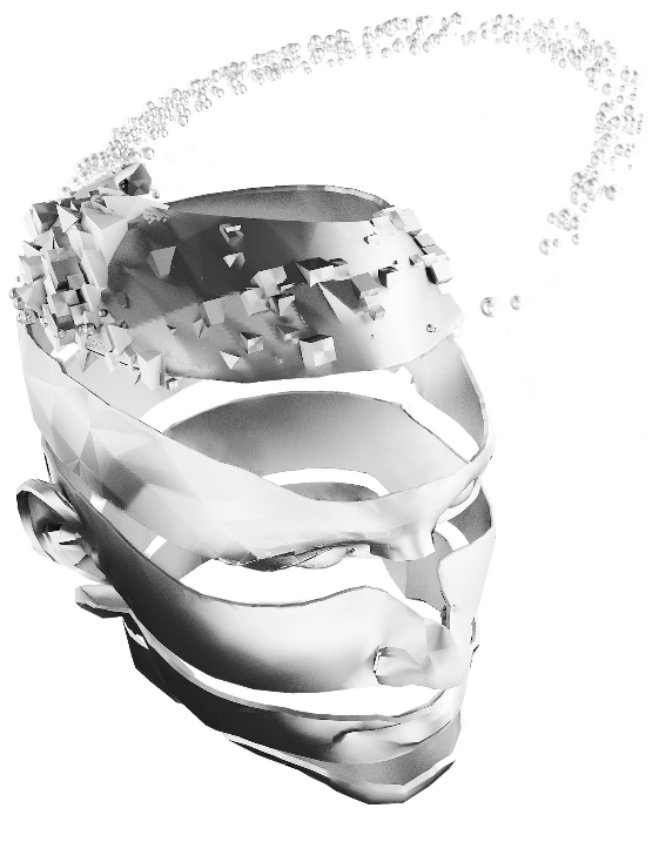
What is physics? What would a good definition for it be, if possible at all? This question takes the author on a search for the most important in the history of physics starting in antiquity. Following that, he discovers a certain synthesis of philosophical and religious ideas that gave physics a new wind in Modernity, which he calls Pythagorean Faith. Recognizing the very specific character of the known laws of nature, namely, a particular minimax of their complexity, leads to a new formulation of the physico-theological argument, the Pythagorean argument for the intelligent design of the universe. In conclusion, the author comes to a new definition of physics.